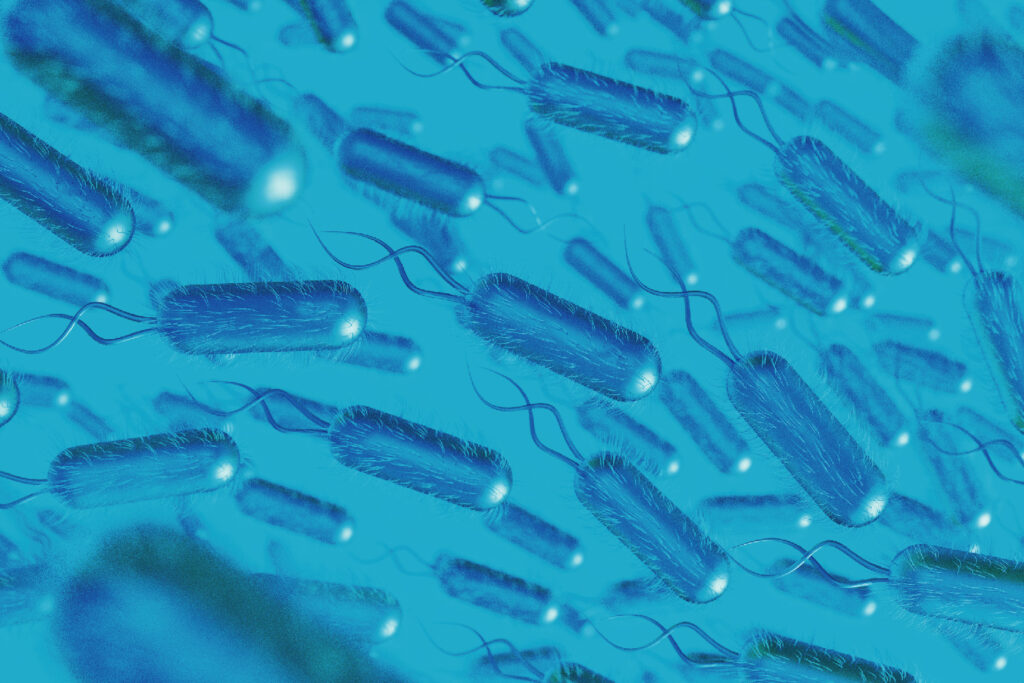Study Finds Gut Bacteria That Produce Bioactive Serotonin And Help Your Gut Nerves
by Anna Sandhu | Oct 14, 2025
Reviewed by Dr. Arun, M.Pharm., PGDRA, Ph.D.

New work from a team led by Fredrik Bäckhed and colleagues reports that certain human gut bacteria can produce bioactive serotonin and may help strengthen the nerve network inside the colon. The research was published in the journal Cell Reports on October 20, 2025.
What the scientists did
The researchers searched for gut-microbe communities in humans that could turn a serotonin precursor (5-hydroxytryptophan or 5-HTP) into serotonin itself. They grew these microbes, tested them in lab and animal models, and checked how they affected nerves of the colon (the large intestine). In doing so, they sought to answer: Can our gut bacteria make serotonin and influence gut nerve health?
What they found — key points
- The team identified two gut bacterial species — Limosilactobacillus mucosae and Ligilactobacillus ruminis — that together can decarboxylate 5-HTP into serotonin.
- When introduced into germ-free, serotonin-deficient mice, these bacteria increased serotonin levels in the gut supported the growth of nerve cells in the colon.
- The bacteria also helped normalize intestinal transit time (i.e., how fast gut contents move) in these model animals.
- The authors further noted that people with a common condition known as Irritable Bowel Syndrome (IBS) had lower levels of L. mucosae in stool samples compared to healthy people — suggesting a potential link between this microbe-serotonin pathway and gut health.
Why this matters

We already know that about 90 % of our body’s serotonin is produced in the gut, not the brain. Many gut-brain and gut-nerve connections remain mysterious. This study adds an important piece: some microbes may make serotonin themselves, and that serotonin appears to support the nerve network (enteric nervous system) in the colon. That could help explain how digestion, gut movement, mood and nerve health are tied together.
For readers — this means that maintaining a healthy gut microbiome might support not only digestion but also nerve health in your gut. It’s still early, but this study opens new paths for understanding gut disorders, pin-pointing microbial roles, and eventually targeting gut-nerve health (for example in IBS) in new ways.
What the study can’t yet show (important caution)
- The work was done in lab and animal model settings, not yet in large human clinical trials that test if giving these bacteria to people improves digestion or mood.
- Not all strains of these bacteria may behave the same. The “microbial community” (how different species interact) appears important.
- Even though the bacteria make serotonin in the gut, it doesn’t necessarily mean they change brain serotonin, mood, or cure gut-nerve diseases yet. That would be too strong a claim.
- As always: keep in mind other factors — diet, lifestyle, medications, overall gut health — that interact with microbiome function.
Final takeaway
The research by Bäckhed and colleagues in Cell Reports shows that human gut bacteria — specifically L. mucosae and L. ruminis — can produce serotonin and promote nerve growth in the colon. While this isn’t ready for clinical use, it gives strong support to the idea that the gut microbiome plays a direct role in gut-nerve and gut-serotonin pathways. For anyone interested in digestion, gut-brain health or microbiome science, this is a key study to watch.
More information: Identification of human gut bacteria that produce bioactive serotonin and promote colonic innervation. DOI: https://doi.org/10.1016/j.celrep.2025.116434
